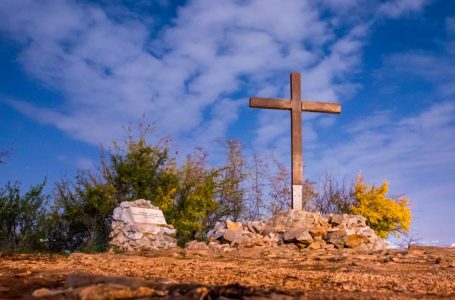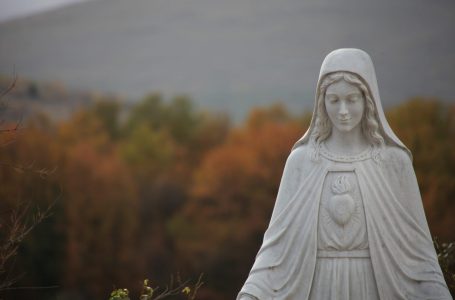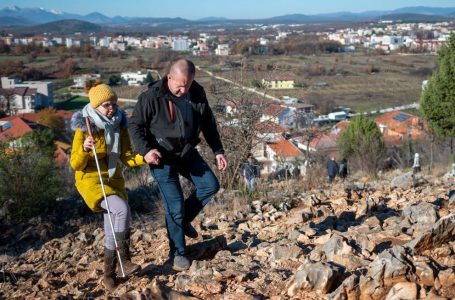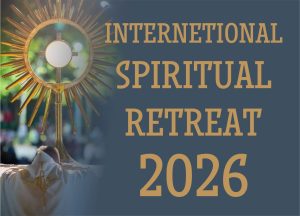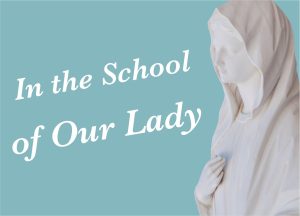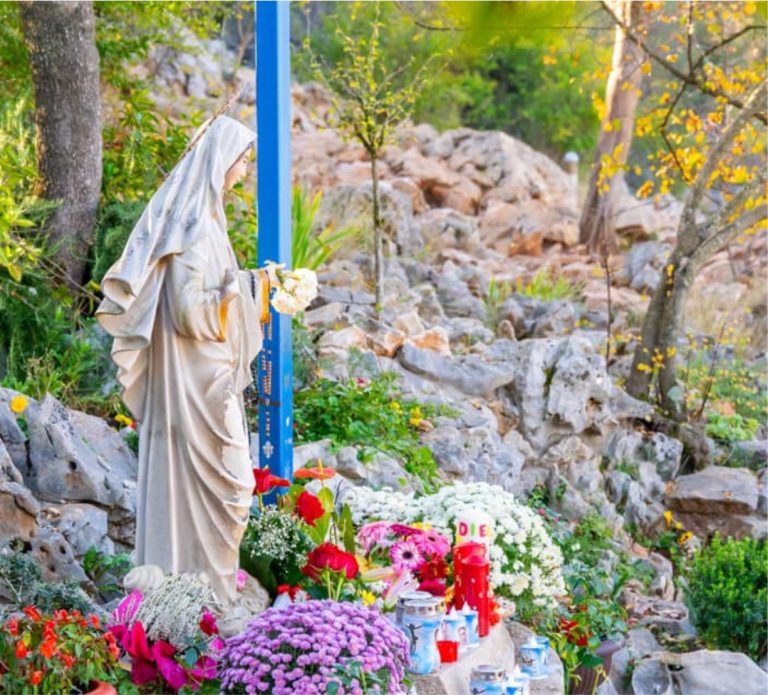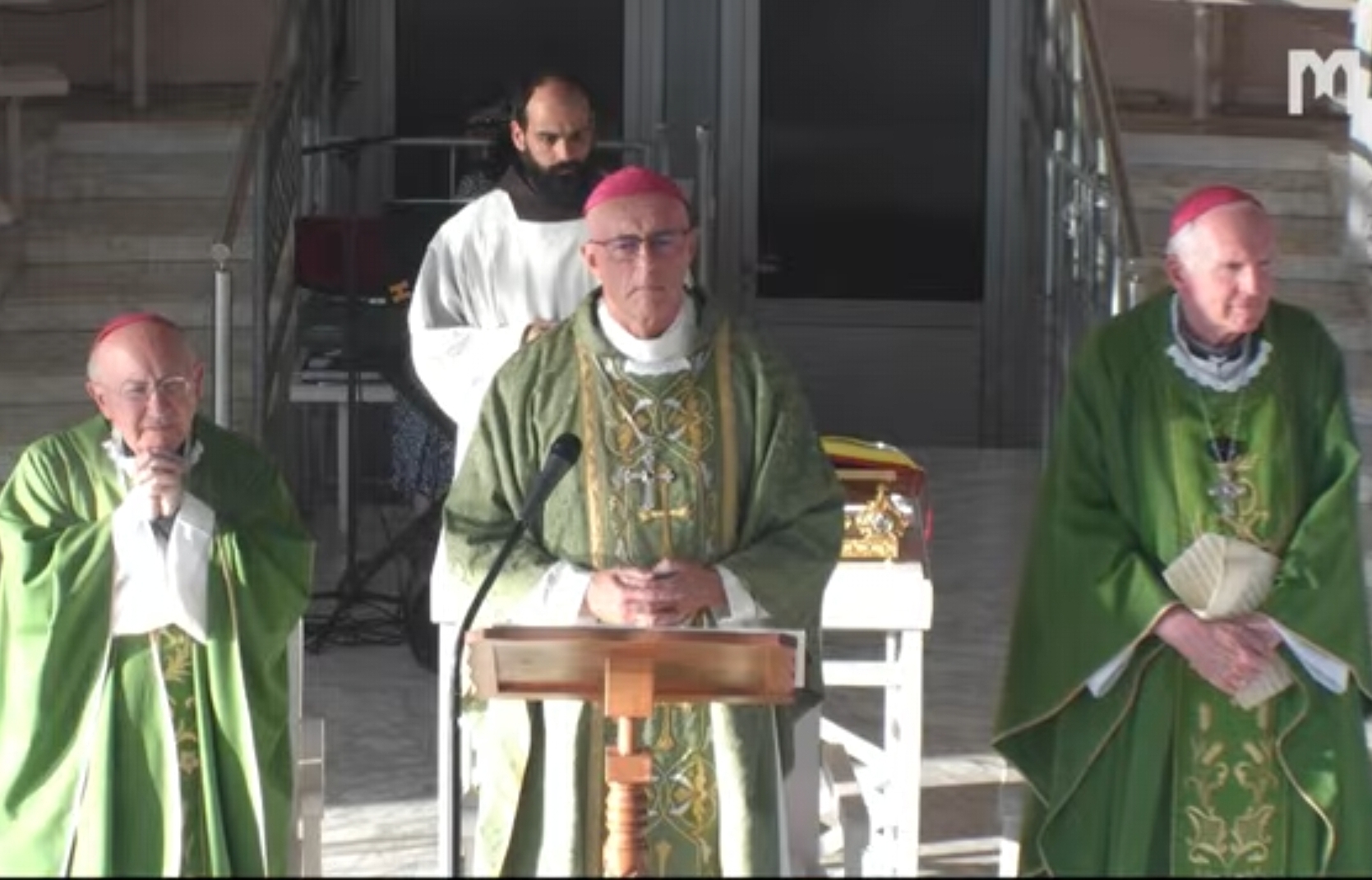
On Sunday, July 14, 2024, the evening Holy Mass at the White Dome of the church of St. James in Medjugorje was celebrated by the Apostolic Nuncio in the Republic of Croatia, Archbishop Giorgio Lingua. Along with him in concelebration were the Apostolic Visitor with a special role for the parish of Medjugorje, Archbishop Aldo Cavalli, bishop of the Diocese of Limerick in Ireland, Msgr. Brendan Leahy, the Provincial of the Franciscan Province of Herzegovina, Fr. Jozo Grbeš, the guardian of the Antonianum International Institute in Rome, Fr. Miljenko Šteko, the parish priest of Međugorje, Fr. Zvonimir Pavičić, and 34 other priests.
In his sermon, looking back at the Holy Mass readings, he spoke about Amos, who was banished for his prophesying, and who defended himself with the words: “I am not a prophet or a prophet’s son, but a herdsman and grower of wild figs.” But the Lord took me from the flock and the Lord said to me: ‘Go, prophesy to my people of Israel!'”
“Amos left everything because the Lord called him. That was not his job, but his mission,” said Archbishop Lingua, emphasizing two realities.
“Amos’ preaching, which creates problems for public order, sows panic among the people, and displeases the civil and religious authorities, who intervene by issuing expulsion orders. The second is an inner reality, connected to Amos’ relationship with God, which created security in him – God is the one who called and sent him. This other reality, which is very obvious to him, no one else can see and cannot be verified, there are no objective criteria and signs visible to everyone that confirm it,” said Msgr. Lingua emphasizing that these two realities are present in the life of each of us.
“On the one hand, there are the words and actions we say and do, which everyone sees and can be judged on. On the other hand, every man and woman has a personal, intimate, mysterious relationship with God. It is a dialogue that is established in one’s own conscience with an eternal mystery that is invisible, but no less real. This is why every person’s conscience requires humility, utmost respect, an attitude of awe, because the relationship with God is unique and unrepeatable for everyone and takes place in secret”, said Archbishop Lingua and emphasized that “this thinking has a deep meaning for the what is happening here in Medjugorje”.
“There is an external, objective, visible reality that no one can deny, such as the influx of pilgrims who come from all over the world, many of whom rediscover their faith, change their lives and begin to love God and their neighbor. In a certain sense, it is also confusing, like Amos’s sermon, which disturbed the people and worried the authorities.
Then we have the inner reality, the hidden one that is known only to the one who experiences it and only he knows where it comes from and when we talk about it, we never manage to convey it completely. We are all required to approach God’s work humbly and respectfully without prejudice in our hearts and minds.
The Church, which is the Mother and theTeacher, has a duty and a demanding task of discernment so that no one is deceived, even in good faith. Believers have the right to be directed because they ask themselves: Is what they are telling me the truth or not? Is what I see and hear reality or illusion? Is it in accordance with the announcement or is it a deception?” said Nuncio Lingua, and he also referred to the norms for dealing with the discernment of supernatural phenomena published by the Dicastery for the Doctrine of the Faith in May.
He said that “the highest level of recognition that the Church can give is nihil obstat, that is, after a careful and long-term study of visible manifestations, it will be able to declare that there are no elements that are against the doctrine and morals of the Church and that therefore there is no obstacle for free and personal adherence to such phenomena and the messages they carry with them” and added that he thought when he first read this document that the church authorities wanted to wash their hands of it so that they would not have to declare themselves on such sensitive topics.
“Then I realized that this, on the contrary, is an attitude of great respect for the individual conscience, which, as the Second Vatican Council says, is the most secret core and sanctuary of man where he is alone with God, whose voice echoes in the intimate depth of his being. No one else can penetrate and therefore judge the individual conscience. Only actions, external phenomena can be seen and judged, but not the personal relationship of these individuals with God”, said Archbishop Lingua, emphasizing that there is only one final and certain revelation, and that is the one that happened in the Son of God…
“Christ’s life and words are the only universal and final criterion of God’s revelation to man. However, if everything is said in a word that has become flesh, it does not mean that everything is already understood”, said Archbishop Lingua.


